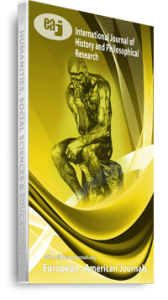Sustainable development and good living condition in the modern world are determined by people who possess more than normal reasoning abilities. The present Nigerian socio-political, economic and technological dilemma therefore results from the redundancy of mind paved by gross deficiency in logic and critical thinking competencies. This deficiency broadly stems from Nigerian poor educational system which has neglected acquisition of reflective and critical reasoning skills in theoretical and practical terms. This hampers critical competence, and results to irrational judgments, biased policies and dishonest governance. Consequently, problem solving and critical competence in various sectors of Nigerian existence have remained a mirage resulting to unsustainable development. This paper analytically investigates the meaning, cradle, essence, relevance and state of logic and critical thinking in Nigerian higher education and existence. The research finds that logic and critical thinking has been negligently relegated to one of those optional General Studies’ courses rarely needed to make up the required credit load. As such, not every department of education in Nigeria offers logic and critical thinking. This is coupled with the fact that in some Nigerian Higher Institutions, logic and critical thinking is managed by unqualified staff. The paper as well finds that knowledge of logic and critical thinking is indispensable in the daily human expressions, decisions, right choices and actions. For deficiency in reasoning skills paves way for errors, deceptions, violence and false democracy. The paper concludes that for Nigeria to initiate and sustain true democracy and development, logic and critical thinking should be centrally paramount in her education system because of its quality of impacting critical reasoning skills and competency in the students and citizenry.
Keywords: Critical, Development, Education, Logic, Study, thinking

